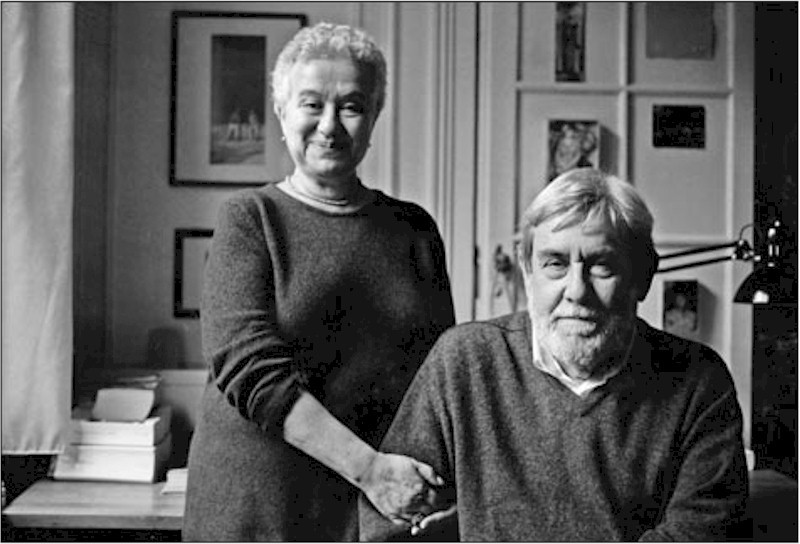Gila’s star-making monologue “How I Went to War” (1951) broke a tacit taboo of postwar Spanish society. For twelve years, public discussion of the civil war had limited itself to the Franco regime’s mythos of a Glorious National Uprising, but Gila, with pitch-perfect working-class vernacular, replaced saintly heroes with indignant aunts, petulant commanders, and innocent spies dressed in drag. The diametrical contrast has led critics to hail Gila’s war routines as a comedic takedown of Franco’s official story. And yet the comedian never suffered reprisals—not even when he performed for the Generalissimo himself.
Gila’s comedic monologues present atypical challenges even for translators used to working with humor. Rather than relying on wordplay and culture-specific references, “How I Went to War” creates incongruities through clashes of tone and aspect. The comedian tells his war story in a casual, un-military style. The blue-collar narration and dialogues sometimes morph into exchanges that evoke children playing at soldiers. I’ve attempted to carry over the informal tone of Gila’s oral performances, with his hesitations and false starts, and to choose words and phrasing that would maintain the uncanny juxtapositions of a war narrated as work and play. Part of Gila’s genius is that he crafts a war story in which the words war and killing feel out of place both contextually and grammatically. When he uses matar (kill / killing), he breaks conventions of aspect in the same way that kill does when used instead of work or do (“How you killing?” “Killing good, how about you?”). I’ve tried to surround these words with a consistent baseline of idiomatic speech so that wherever Gila hammers matar into his workaday Spanish, kill fractures U.S. English along similar lines.
–Will Carr, translator
“How I Went to War”[1]
I’m going to tell you the story of how I went to war.[2]
I was working as an errand boy for . . . for some pharmacy warehouses.[3] And one day I accidently broke an aspirin tablet and they fired me.
So I went home and sat down in a chair we had for when we got fired, and my Uncle Cecilio came in with a newspaper with a want ad for the war: “Prominent War Seeks Hardkilling Soldier.” And . . . and my mom said, “You’re quick on the uptake, you should apply.”
And I said, “Me? Why do I have to go to war?”
She said, “Well you have to work somewhere.”
So I said, “But I . . . I don’t kill so good.”
She said, “They . . . they’ll teach you to kill good soon enough.”
Then my aunt said, “But now we’re going to have to buy him a horse.”
And my . . . my mom said, “Nonsense, the army gives you one when you join up.”
My aunt says, “No thank you, God knows who’s been sitting on that thing. He’s better off packing his own horse.”
So we went to buy a horse, but you couldn’t buy them separate. You had to get the cart and the flies with it.
And my mom said, “No, you’re not bringing flies to the war. At least as a foot soldier you’ll keep things clean.”
So I packed myself a hot lunch and went off to war. I showed up Monday at 7:00 AM, and the war was closed because it was too early. And there was this lady outside selling churros and bread and stuff. And I said, “Hey, is this the war of ’14?”
And she said, “This is ’16; ’14’s just down the street.”
So I went to the other war, and when they opened the war at 9:00 I went in. And there was this soldier killing there. I said, “How . . . how you killing?”
He says, “Killing good, how about you?”
I said, “Me, not too good right now, but once I get trained up . . .”[4] READ MORE…



